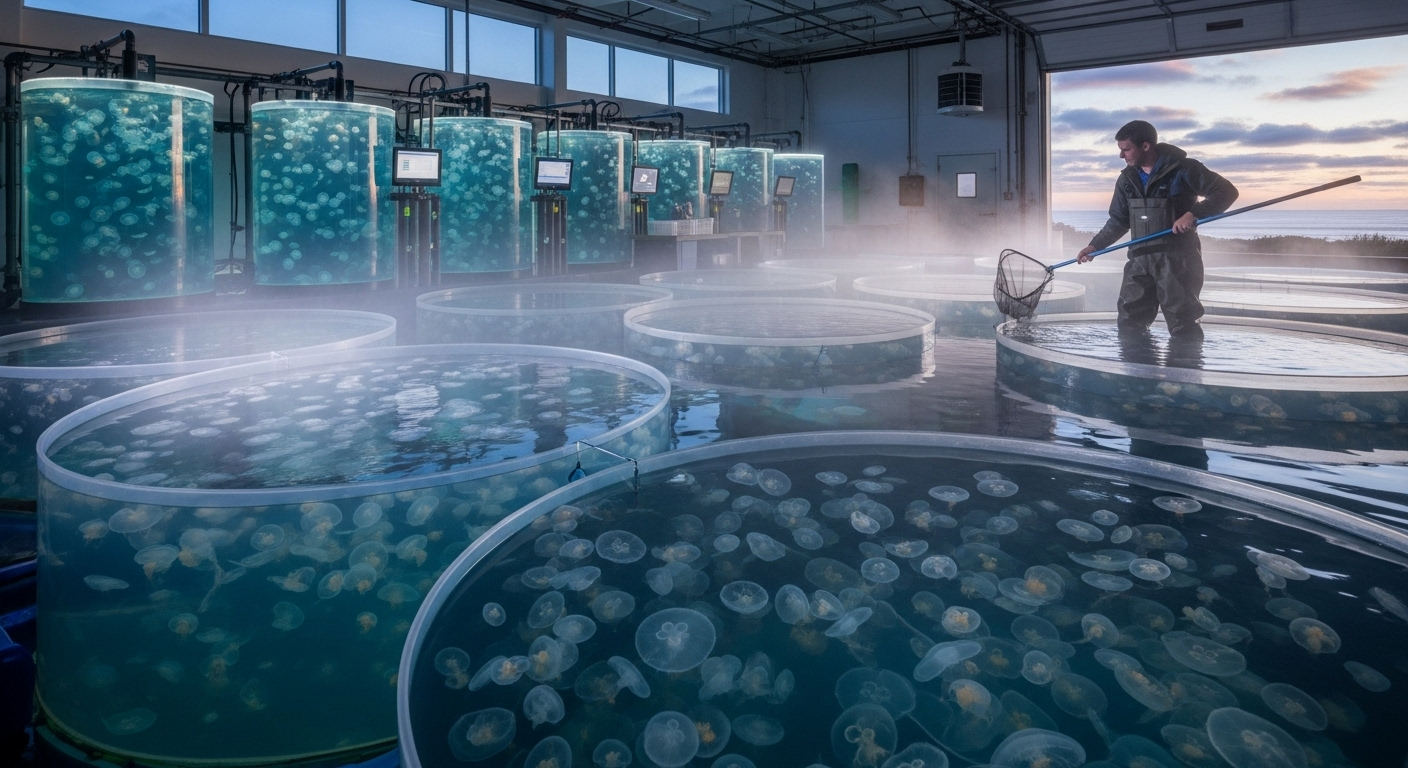Exploring Careers in Coral Reef Restoration and Marine Conservation: Key Insights
As interest in marine protection continues to grow, many are becoming curious about what careers in coral reef restoration and marine conservation actually involve. This guide explores what individuals often consider when looking into these roles—from fieldwork techniques and marine biology insights to evolving global efforts driving ocean sustainability. Discover how this evolving field is structured and what paths people explore when aiming to contribute to reef health and marine ecosystems over the long term.

What Does a Marine Biologist Salary Look Like?
Marine biology careers offer diverse income potential depending on specialization, experience, and location. Entry-level marine biologists typically earn between $45,000 and $55,000 annually, with experienced professionals commanding salaries ranging from $65,000 to $85,000. Government research positions, academic roles, and specialized conservation jobs can offer higher compensation, particularly for those with advanced degrees and specialized expertise in coral reef ecosystems.
Exploring Coral Reef Restoration Jobs
Coral reef restoration jobs encompass a wide range of professional opportunities. These roles include:
-
Marine ecologist
-
Conservation specialist
-
Underwater habitat restoration technician
-
Research scientist
-
Environmental monitoring coordinator
Professionals in this field typically work with research institutions, government agencies, non-profit organizations, and environmental consulting firms. Skills in marine biology, ecology, diving certification, and data analysis are crucial for success in these positions.
Educational Pathways: Ocean Conservation Degree Options
Aspiring marine conservationists have multiple educational routes to enter the field:
-
Bachelor’s Degree in Marine Biology
-
Environmental Science degree
-
Marine Ecology specialization
-
Conservation Biology programs
-
Oceanography studies
Most positions require at least a bachelor’s degree, with advanced roles demanding master’s or doctoral qualifications. Interdisciplinary programs combining marine science, ecology, and environmental management provide the most comprehensive preparation.
Emerging Opportunities in Environmental Science Careers
The marine conservation sector is experiencing significant growth, driven by increasing environmental awareness and urgent ecosystem protection needs. Emerging career opportunities include:
-
Climate change adaptation specialists
-
Sustainable marine resource management experts
-
Coral restoration technology developers
-
Marine ecosystem modeling researchers
Career Landscape and Professional Outlook
| Career Path | Average Salary | Required Education | Key Skills |
|---|---|---|---|
| Marine Biologist | $65,000 | Bachelor’s/Master’s | Marine ecology, research, diving |
| Conservation Specialist | $55,000 | Bachelor’s | Project management, environmental policy |
| Restoration Technician | $45,000 | Associate/Bachelor’s | Diving, habitat restoration techniques |
Prices, rates, or cost estimates mentioned in this article are based on the latest available information but may change over time. Independent research is advised before making financial decisions.
Preparing for a Successful Marine Conservation Career
Successful candidates in coral reef restoration and marine conservation should:
-
Develop strong scientific research skills
-
Obtain relevant certifications
-
Build practical field experience
-
Network with professional organizations
-
Stay updated on latest environmental research and technologies
The field of marine conservation offers passionate professionals an opportunity to contribute directly to protecting our planet’s most critical marine ecosystems. With dedication, specialized education, and continuous learning, individuals can build rewarding careers that make a meaningful environmental impact.




